Detoxification and Natural Remedies for the Pineal Gland
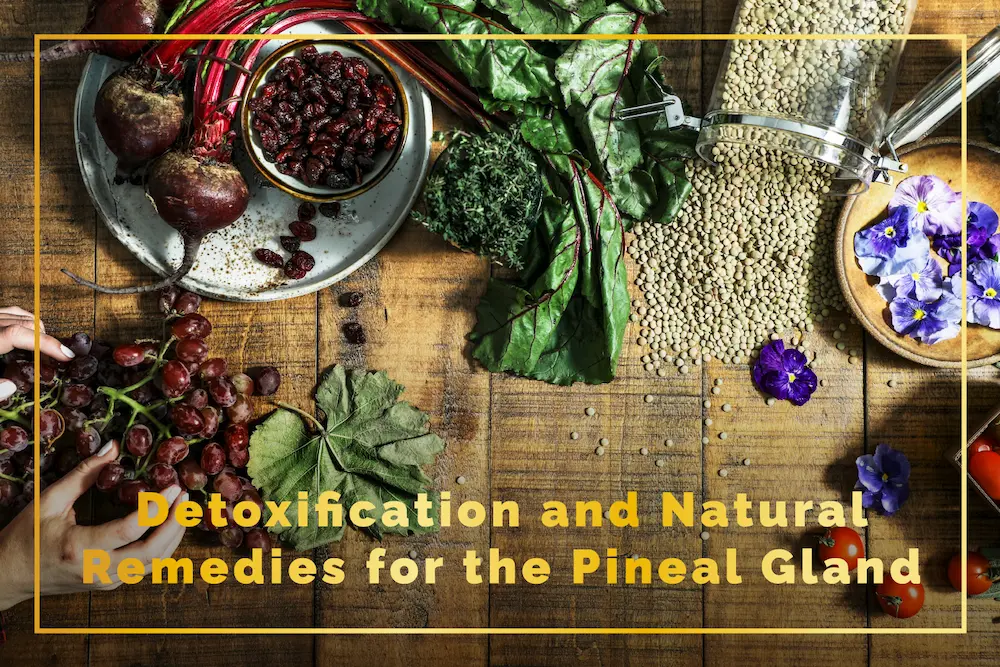
Hey there,
It’s Eric Thompson here.
As many of you know, I absolutely love traveling and exploring new places.
I just feel alive when I’m trekking through the mountains, diving into the ocean…
Or discovering ancient cities.
The thrill of adventure always calls to me.
But, like many of you, I also want to make sure I’m taking care of my pineal gland while I’m on the road.

So, I make it a point to carry the right natural supplements to keep this tiny yet powerful gland in top shape.
Today, I want to share with you some natural remedies for decalcifying the pineal gland.
I’ll talk about some incredible substances like iodine, magnesium, vitamin K2…
And antioxidants that reduce fluoride accumulation and promote pineal health.
The Pineal Health
First, let’s set the stage.
The pineal gland also referred to as the “third eye…”
Is a small endocrine gland located in the brain.
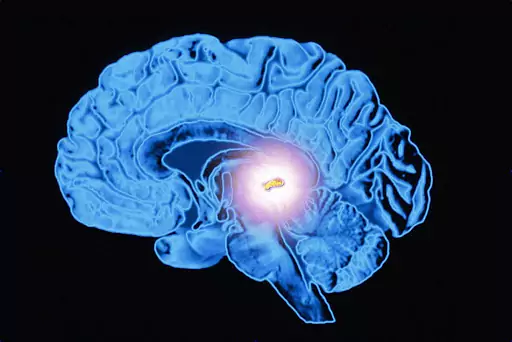
It produces melatonin, a hormone that regulates sleep and wakefulness.
Unfortunately, due to factors like fluoride exposure…
The pineal gland can become calcified, impairing its function.
This calcification can lead to disrupted sleep patterns, reduced cognitive function…
And a decrease in spiritual awareness.
The good news?
There are natural ways to help detoxify and decalcify the pineal gland…
And I’m excited to share these with you.
Iodine: The Detoxifying Hero
Iodine is a vital mineral that plays a crucial role in thyroid function and overall health.
It’s also a powerful detoxifying agent that can help remove heavy metals and halogens…
Including fluoride from the body.
How to Take It:
Supplement Form: You can take iodine supplements, such as potassium iodide or nascent iodine.
Follow the dosage instructions on the label or consult with a healthcare provider for the correct amount.
Seaweed: Incorporating seaweed, such as kelp, nori, and wakame, into your diet can naturally increase your iodine intake.
Iodized Salt: Using iodized salt instead of regular table salt can also help boost your iodine levels.
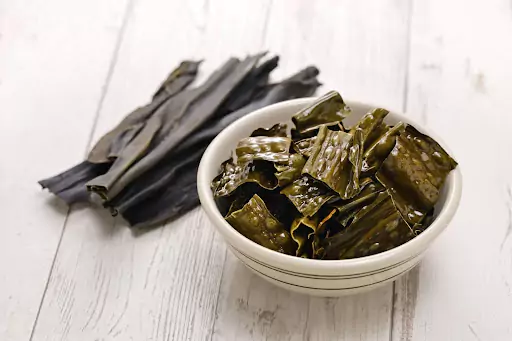
Magnesium: The Calming Mineral
Magnesium is another essential mineral that supports hundreds of biochemical reactions in the body.
It helps to relax muscles, reduce stress, and improve sleep quality. Importantly…
Magnesium can also play a role in decalcifying the pineal gland.
How to Take It:
Supplement Form: Magnesium supplements come in various forms, including magnesium citrate, glycinate, and chloride.
Choose a high-quality supplement and follow the recommended dosage.
Dietary Sources: Incorporate magnesium-rich foods into your diet, such as leafy greens, nuts, seeds, and whole grains.
Topical Application: Magnesium oil can be applied to the skin, allowing for absorption through the dermal layers.

Vitamin K2: The Calcium Regulator
Vitamin K2 is essential for bone health and calcium regulation.
It helps direct calcium to the bones where it’s needed and prevents it from depositing in soft tissues…
Including the pineal gland.
How to Take It:
Supplement Form: Vitamin K2 supplements are available as MK-4 or MK-7.
Both forms are effective, but MK-7 has a longer half-life, making it more efficient in lower doses.
Fermented Foods: Foods like natto (fermented soybeans), sauerkraut, and other fermented vegetables are excellent sources of vitamin K2.
Animal Products: Grass-fed butter, egg yolks, and organ meats also contain good amounts of vitamin K2.
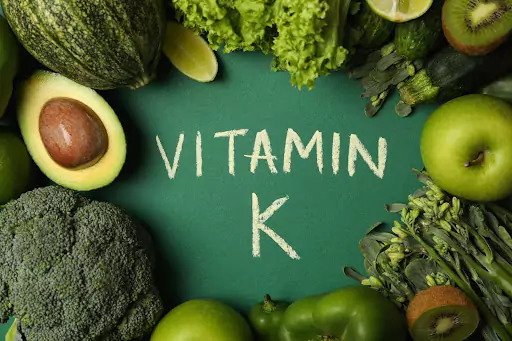
Antioxidants: The Protectors
Antioxidants are compounds that protect the body from oxidative stress and free radical damage.
They play a crucial role in maintaining pineal gland health and preventing calcification.
How to Take Them:
Supplement Form: Common antioxidant supplements include vitamin C, vitamin E, glutathione, and alpha-lipoic acid.
Follow the recommended dosage on the supplement packaging.
Fruits and Vegetables: A diet rich in colorful fruits and vegetables provides a natural source of antioxidants.
Berries, citrus fruits, leafy greens, and cruciferous vegetables are particularly beneficial.
Herbal Teas: Herbal teas like green tea, turmeric tea, and rooibos tea are also rich in antioxidants.
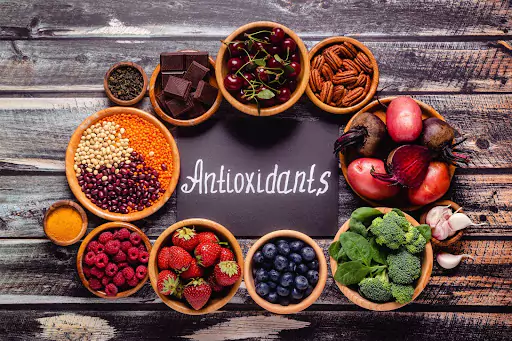
Combining Forces for Optimal Pineal Health
To get the most out of these natural remedies…
Consider incorporating a combination of them into your daily routine.
Here’s how you can do it:
Start your day with a glass of water mixed with iodine drops.
Follow it up with a healthy breakfast that includes magnesium-rich foods like leafy greens and nuts.
Then, incorporate fermented foods like sauerkraut or natto into your meal for a boost of vitamin K2.
You can also take a magnesium supplement before bed to help relax your muscles and improve sleep quality.
Consider a cup of antioxidant-rich herbal tea to wind down.

Make these habits a part of your daily routine to ensure consistent support for your pineal gland.
Wrapping Up
I always incorporate these natural remedies into my routine, no matter where I am.
That way, I ensure that my “third eye” remains clear and functional…
Allowing me to experience life with more awareness and clarity.
What natural remedies do you incorporate into your routine?
Your thoughts can help me prepare my next newsletter…
So hit the reply button and let me know what you think about all of this.
I encourage you to explore the natural remedies I have just shared with you and tell me all about your experience.
Having a healthy pineal gland won’t only add more years to your life…
But add life to your years.
With a strong pineal gland, you can enjoy better sleep, improved cognitive function…
And a deeper connection to your spiritual self.
See you next time,
Eric Thompson

